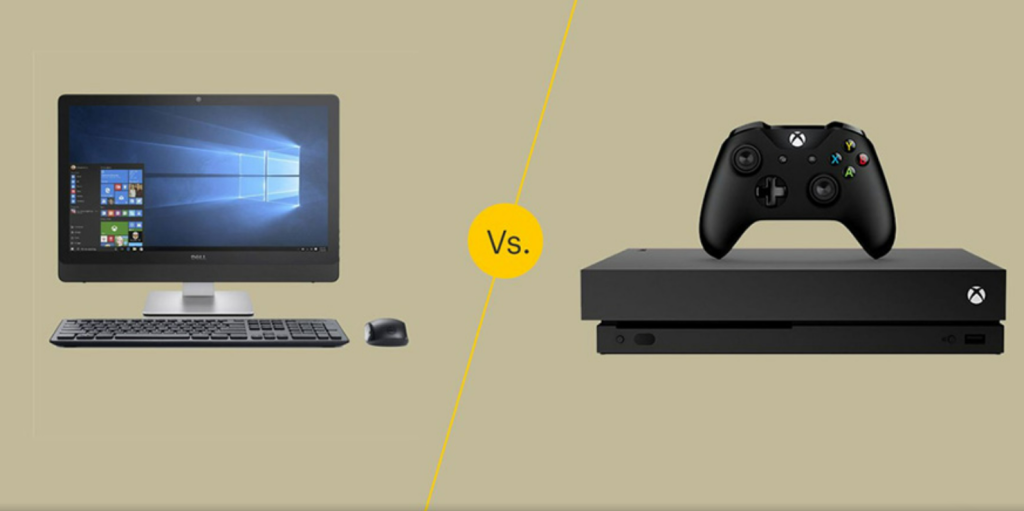Console vs PC Gaming: Unveiling the Perfect Platform for Your Gaming Adventure
Gaming has evolved significantly over the years, offering players a plethora of options when it comes to platforms. Two major contenders in the gaming world are consoles and PCs, each with its own set of advantages and disadvantages. Choosing the right platform depends on individual preferences, gaming requirements, and budget considerations. In this article, we’ll explore the key factors to help you make an informed decision between console and PC gaming.
Performance:
Consoles: The allure of consoles lies in their simplicity. With standardized hardware, developers can fine-tune games for consistent performance. While this might mean sacrificing raw power, it ensures a seamless gaming experience without the need for constant hardware upgrades.
PCs: Gaming PCs, on the other hand, embrace the mantra of performance supremacy. Customizable components, such as high-end graphics cards and processors, offer superior graphics and faster frame rates. Yet, this prowess demands a commitment to staying abreast of the latest hardware releases.
Game Library:
Consoles: Exclusivity is the ace up the console’s sleeve. Titles like Halo, God of War, and The Legend of Zelda are exclusive to specific consoles, providing unique gaming experiences. However, the overall game library may be comparatively smaller.
PCs: The PC gaming realm boasts a vast and diverse library. From indie gems to blockbuster titles, the open nature of the platform welcomes a plethora of gaming experiences. Digital storefronts like Steam open the floodgates to a world of gaming variety.
Customization and Upgradability:
Consoles: Plug-and-play simplicity is the ethos of consoles. While this ease of use limits customization, it guarantees a hassle-free gaming experience. The trade-off is a dependence on the hardware choices dictated by manufacturers.
PCs: Gaming PCs are the artisans of customization. Users have the power to upgrade graphics cards, processors, and storage, tailoring their rigs to meet evolving gaming demands. This flexibility not only allows for personalization but also contributes to a prolonged gaming rig lifespan.
Price:
Consoles: The upfront cost of consoles is often friendlier on the wallet, making them an attractive option for entry-level gamers. However, the long-term expenses can escalate with subscription fees and the need to upgrade to newer console iterations.
PCs: Gaming PCs may demand a higher initial investment, but the enduring value becomes evident over time. Gradual upgrades negate the necessity for complete overhauls, and the diverse pricing options for games on PC platforms can accommodate various budgets.
In Conclusion, choosing between console and PC gaming ultimately boils down to personal preferences and priorities. If you seek a straightforward, cost-effective solution with exclusive titles, consoles might be the right fit. On the other hand, if you value performance, customization, and a vast game library, a gaming PC is likely the better choice.
In the end, both platforms have their merits, and the ideal choice depends on your gaming preferences, budget, and long-term commitment to the gaming experience. Whether you opt for the simplicity of consoles or the versatility of gaming PCs, the most important factor is finding a platform that enhances your gaming enjoyment.




